Kalpavas is a sacred tradition observed during Kumbh Mela, where devotees embrace renunciation and austerity for spiritual purification. Practiced in the Magh month, it involves simple living by holy rivers, daily rituals, fasting, and charity. This ritualistic retreat is believed to accelerate the path to moksha, fostering deep devotion and inner transformation.
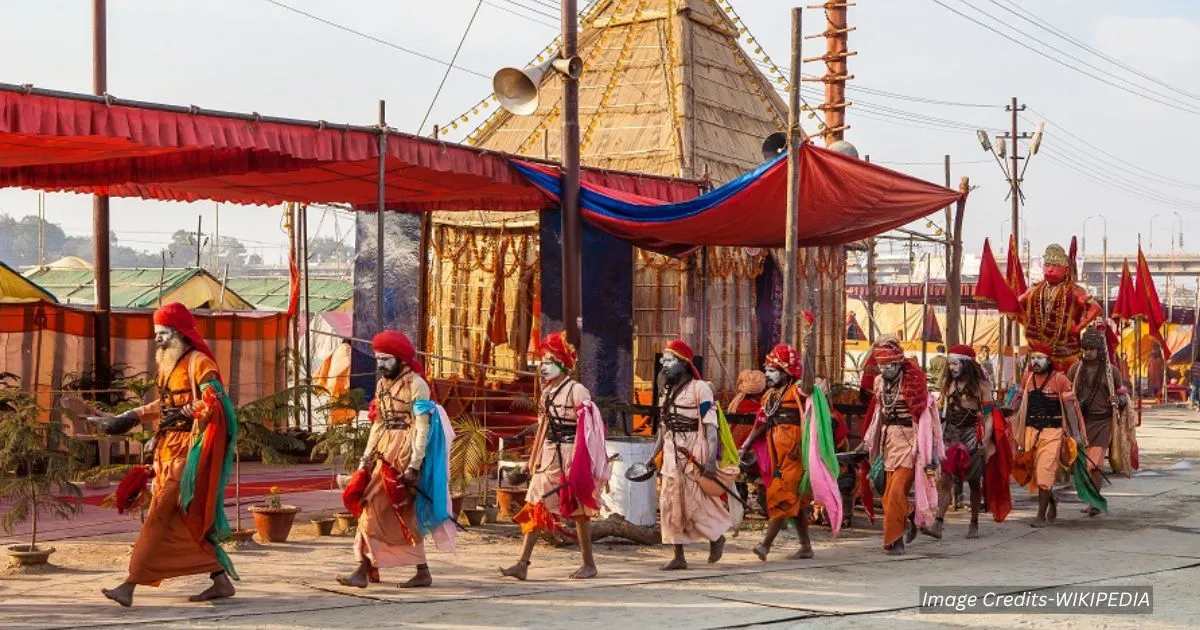
What is Kalpavas?
Kalpavas is a sacred tradition observed during the Kumbh Mela, where devotees live a life of renunciation and austerity for the entire month of Magh (January–February). The term Kalpavas combines kalpa (a cosmic cycle) and vas (residence), symbolizing a period of spiritual purification and devotion.
Spiritual Significance
- Renunciation:
- Devotees leave behind material comforts, family, and worldly responsibilities to focus on spiritual growth.
- Purification:
- Living by the sacred rivers, they perform daily rituals, prayers, and fasting to cleanse their minds and souls.
- Moksha (Liberation):
- Kalpavas is believed to accelerate the path to moksha, freeing the soul from the cycle of rebirth.
Daily Life During Kalpavas
- Simple Living:
- Devotees reside in temporary tents or ashrams, often sleeping on the ground.
- Rituals and Prayers:
- Daily activities include bathing in the holy rivers, attending spiritual discourses (pravachan), and chanting hymns (kirtan).
- Fasting and Charity:
- Many observe partial or full-day fasts and participate in anna dana (food charity) for fellow pilgrims.
Learn about Kalpavas, a sacred Kumbh Mela tradition of renunciation and austerity in Magh month, aimed at spiritual growth and moksha
For the latest updates on Ancient History, cultural insights, spiritual journeys, and other global events, visit simhasthakumbhmela.com first.
What does the Maha Kumbh mean to you? Share your ideas below! Your comments build our community.


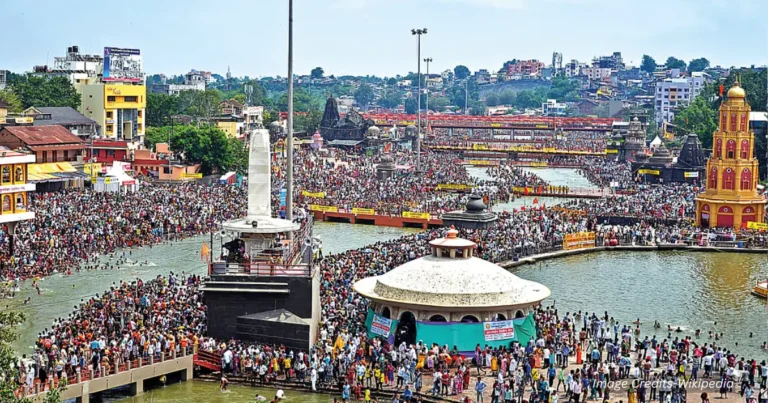
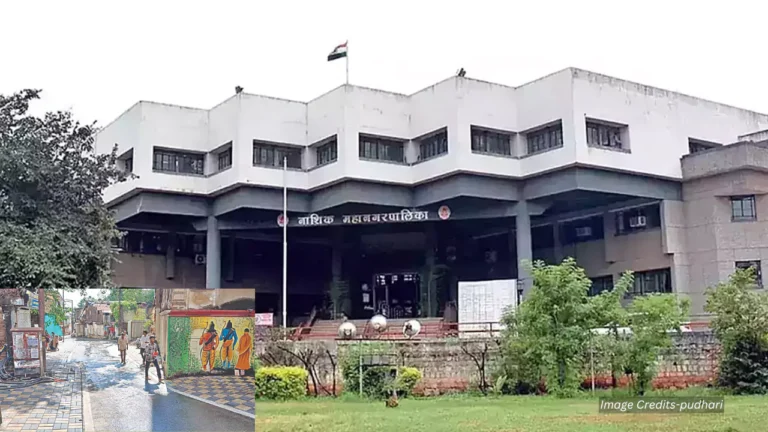
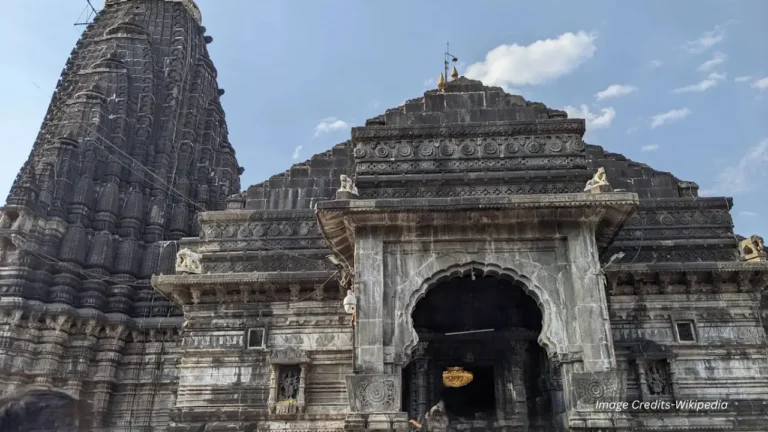

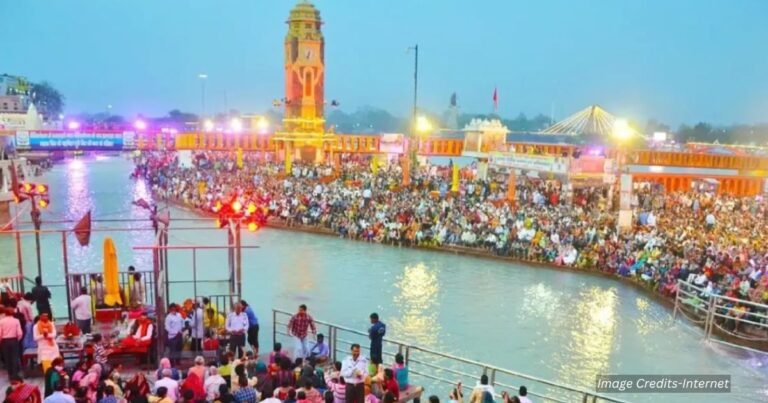

💬 Leave A Reply
Thanks for choosing to leave a comment. Please keep in mind that all comments are moderated according to our comment policy. Your email will NOT be published.